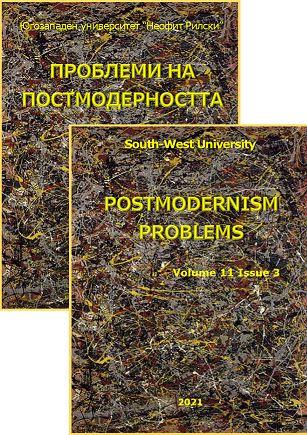Exploring the Irony in Japanese Popular Culture.
A Cross-Cultural and Linguistic Analysis.
Exploring the Irony in Japanese Popular Culture.
A Cross-Cultural and Linguistic Analysis.
Author(s): Crînguţa-Irina PELEASubject(s): Social Sciences, Fine Arts / Performing Arts, Sociology of Culture, Sociology of Art
Published by: ЮГОЗАПАДЕН УНИВЕРСИТЕТ »НЕОФИТ РИЛСКИ«
Keywords: Japanese popular culture; irony; TV drama; cross-cultural linguistic analysis
Summary/Abstract: The present study addresses the status and use of irony in Japanese popular culture by closely examining its’ cultural variations on a corpus consisting of ironic utterances and situations from three popular culture media: Japanese drama, anime, and manga. While it is likely that Western popular culture abounds in ironic aesthetics and standpoints, the concept of “irony” faces cultural reconstruction within Japanese culture and society, a fact easily reflected in national media and cinematographic productions. In such cases, the cultural and linguistic distance between Japanese and English, and the striking difference, which exists between these two geographical and cultural contexts, increase the challenge interposed by the understanding and interpreting of irony. Moreover, on a conversational level, ironizing one’s communication partner is considered socially unacceptable and penalised accordingly. It stands against the much-expected politeness and traditional Japanese concepts such as “honne” and “tatemae,” which, if preserved, can create harmony in communication. In conclusion, the ambiguous definition of irony, together with the negative perception and reluctance of Japanese people towards its usage, has contributed to frequently branding irony strictly as a Western phenomenon. However, as the present research attempts to demonstrate, the usage of irony in Japanese popular culture embraces multifarious approaches, and it extends to reach the borders of semantics.
Journal: Проблеми на постмодерността
- Issue Year: 11/2021
- Issue No: 3
- Page Range: 221-240
- Page Count: 20
- Language: English

